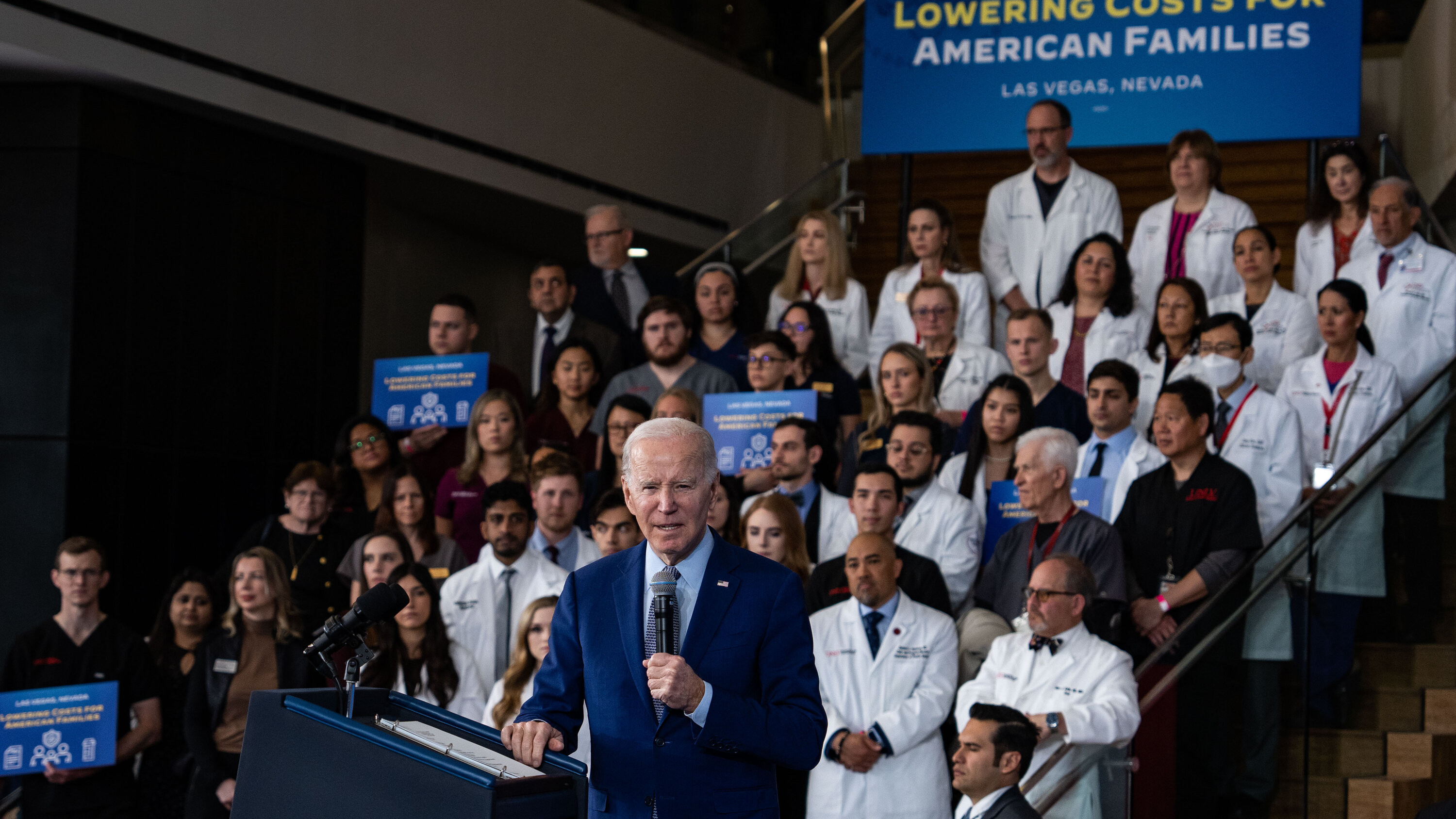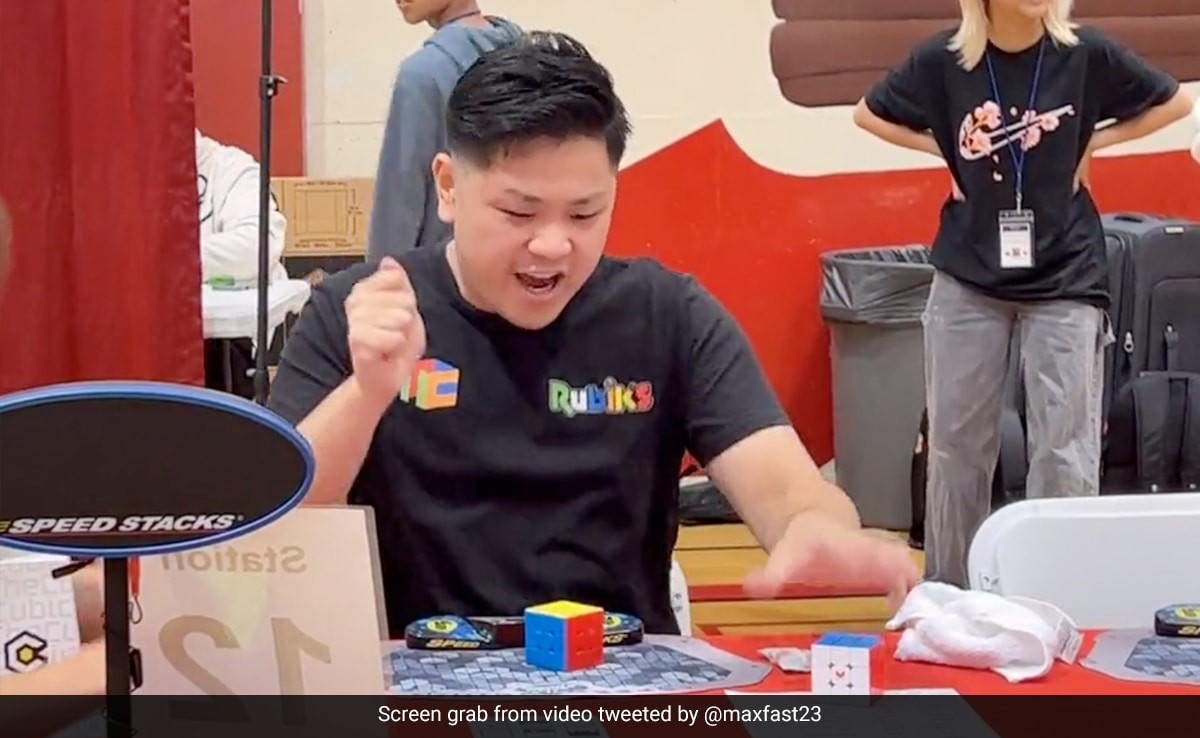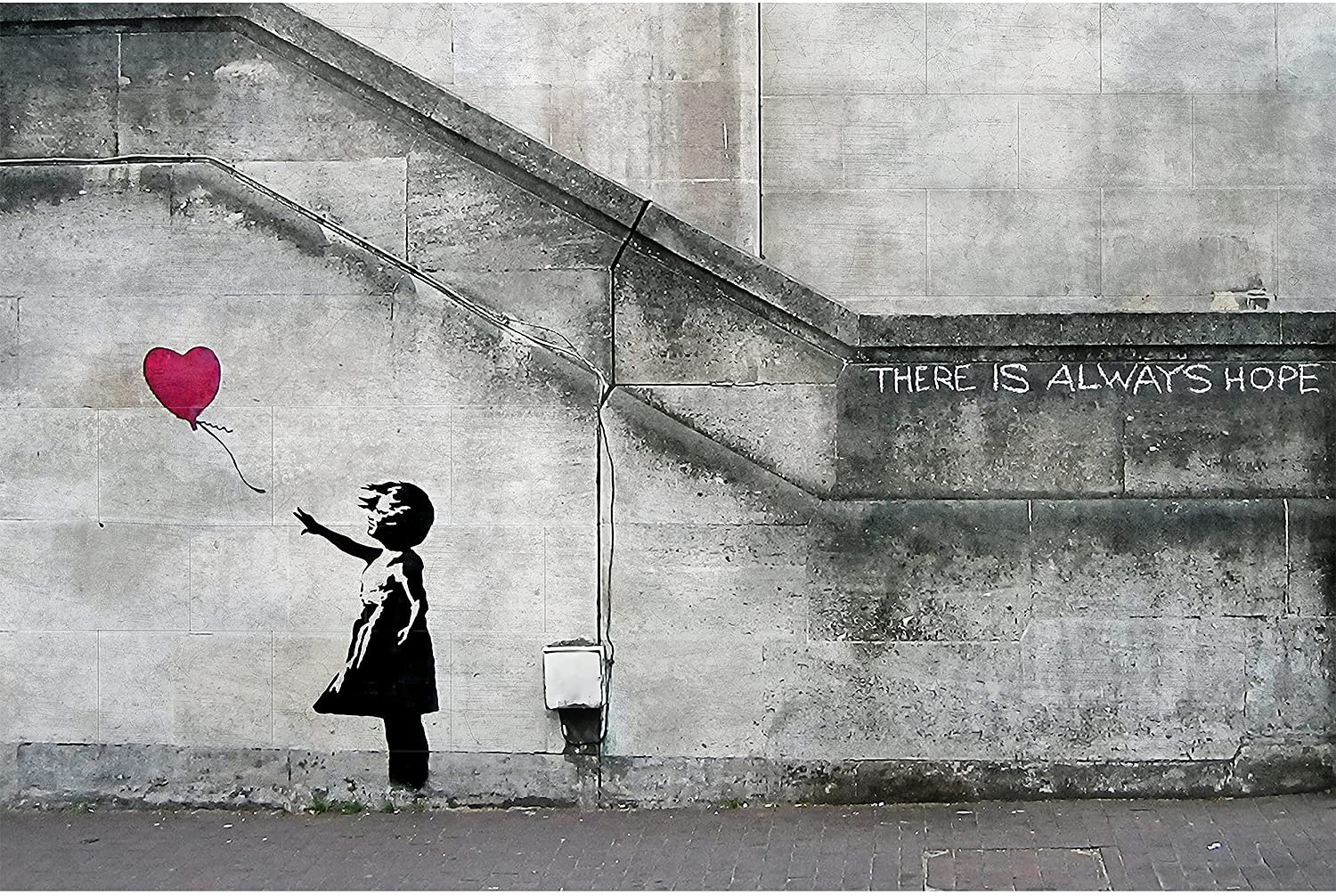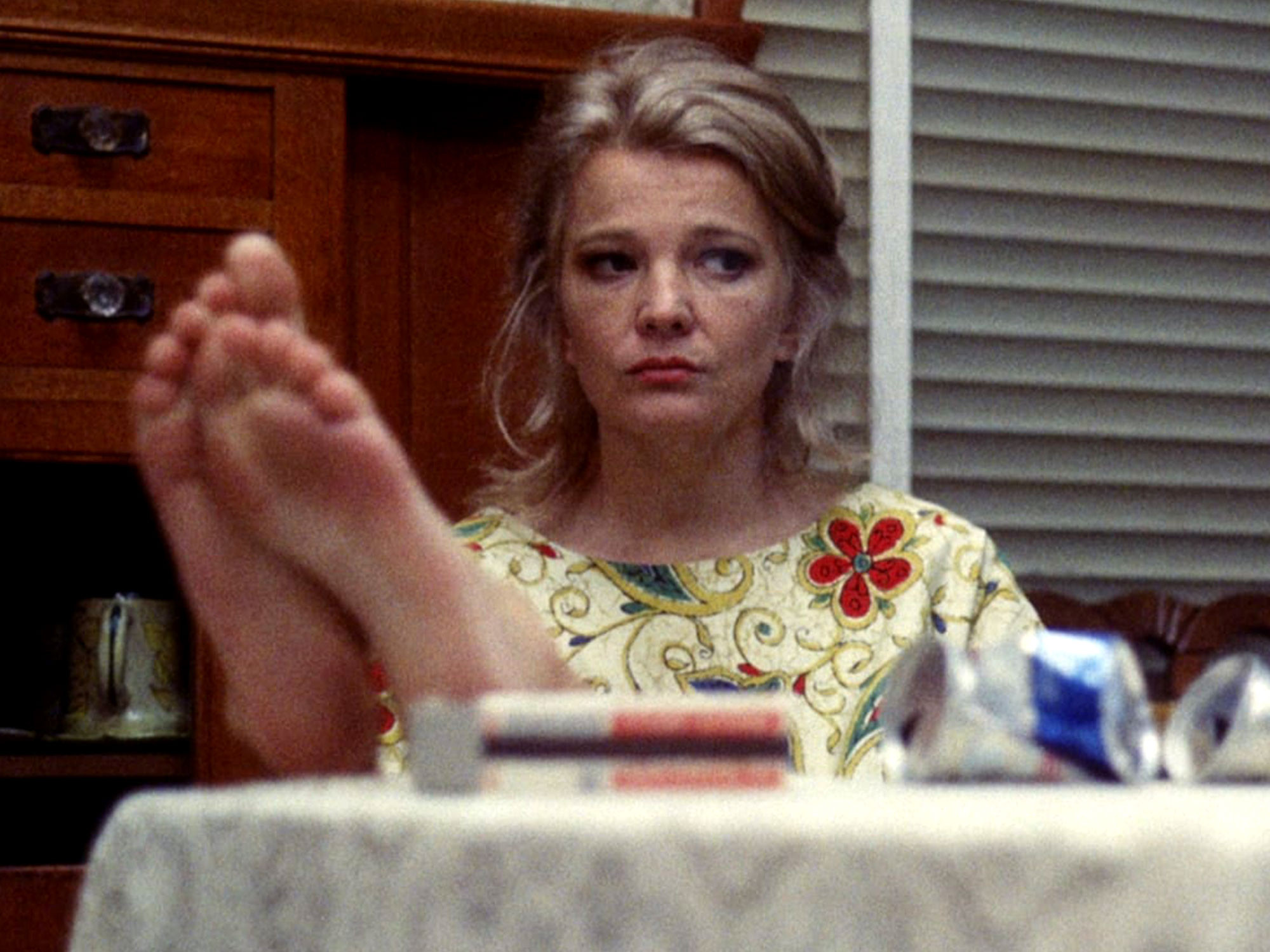“For decades Californians have been calling for real safety solutions and to address the root causes that lead to symptoms like petty crime and substance abuse,” said Assemblymember Isaac Bryan (D-Los Angeles) during a news conference at the state Capitol on Monday morning. “Because we know where petty crime and substance abuse occur. It occurs in the same communities that have underfunded schools, that don’t have food infrastructure, that don’t have public health infrastructure, where the rent is too high.”
The legislators credit Proposition 47, the decade-old ballot measure that changed those crimes from felonies to misdemeanors, for shrinking the state’s prison populations by nearly half. They fear that Proposition 36, a ballot measure voters will decide on this November, puts all of the progress California has made at risk of being undone.
Bryan, the incoming vice chair of the Legislative Black Caucus, said Proposition 36 is reminiscent of the “bipartisan failures” from the last few decades that sent thousands of Black and brown individuals to prison for low-level, nonviolent drug and property crimes.
“It’s not a war on poverty, which is the war we should be waging,” Bryan continued. “It’s the war on poor people.”
In recent months, the Democratic caucus in California has been split over how to address concerns about theft and the increase in substance abuse across the state. Last week, some Democrats came out in support of Proposition 36, calling for the mass treatment of individuals who abuse drugs and repeatedly commit thefts.
“People are dying who don’t have to die, and businesses are closing that don’t have to close. There is an answer. The answer is treatment,” said San José mayor Matt Mahan last week at a press conference.
Several members of the Legislative Black Caucus opposed some of those bills, calling them overly punitive and unnecessary.
Sen. Nancy Skinner (D-Berkeley), a member of the Progressive Caucus and fervent criminal justice reform advocate, supports the legislative package and has also been an outspoken opponent of the ballot measure.
“Sure, there was a bit of an uptick in crime after the pandemic,” said Skinner, referring to modest increases in property crimes after 2020, which saw the lowest level in decades. “It completely disrupted all of us. Of course, we had disruption. Now what do we see? Less crime, less addiction, less drug use. It is not the time.”
Proposition 36 would impose stricter sentences for repetitive theft and offenses involving the deadly drug fentanyl. Specifically, a person who commits property theft for a third time, regardless of the value of merchandise stolen, could be charged with either a misdemeanor or a felony. The measure will also allow judges to sentence convicted drug dealers who traffic in large quantities of hard drugs, including fentanyl, or who are armed with a firearm while trafficking the drugs, to state prison instead of county jails.
The ballot measure is projected to cost anywhere from tens of millions to hundreds of millions of dollars annually, according to the nonpartisan Legislative Analyst’s Office. A majority of likely California voters — 56% — say they would support Proposition 36, with the strongest support among conservative and moderate voters, according to a new UC Berkeley Institute of Governmental Studies poll co-sponsored by The Times.
Skinner, Bryan and other progressive Democrats at Monday’s news conference called the prosecutor-led ballot measure an expensive solution to a problem that has already improved on its own. Instead, they are asking to allocate state funds for education and community programs to help reduce the chances of incarceration.
The fundraising committee for the No on Proposition 36 campaign has already raised $570,000 since April. The biggest individual donor is Stacy Schusterman, a major Democratic donor, philanthropist and liberal oil heiress from Oklahoma, who has contributed $325,000. A separate fundraising committee supporting Proposition 36 has since October raised $9.71 million, largely funded by big box retailers.
Proposition 36 Aims To Roll Back Parts Of Proposition 47
The initiative, which has both Democratic and Republican support, seeks to roll back parts of Proposition 47, the ballot measure approved in 2014 that reduced penalties for certain drug possessions and theft of property worth less than $950 to misdemeanors. There’s an ongoing debate about whether that dollar threshold led to the flash-mob theft assaults on stores seen in viral videos that helped drive the push for Proposition 36. Newsom, among others, notes that California has a relatively low bar for felony theft compared with other states. Texas has a minimum felony theft threshold of $2,500, for example.
Mayors And Other Local Officials Back Proposition 36
California mayors like to say they’re on the front lines of government. When stores experience an increase in retail thefts, or residents encounter open drug use or transactions of illegal substances, they often hear about it, loudly. It can seem up close and personal for mayors.
That may help explain why several California mayors, including San Diego’s Todd Gloria, and other Democratic local officials have split from Gov. Gavin Newsom and state legislative leaders to support Proposition 36, which would enhance penalties for certain lower-level property and drug crimes.
It’s not that state elected officials are inured to local concerns, and they have acknowledged changes need to be made. But local officials tend to be closer to the scene of the crimes, so to speak.
Newsom and state leaders such as Assembly Speaker Robert Rivas have a different view of Proposition 36, contending the measure could result in unwanted consequences such as a return to mass incarceration and associated costs, and exacerbate racial and economic disparities in the criminal justice system.
“This initiative hamstrings our ability to have the kind of flexibility that’s required at the moment we’re living in,” Newsom said in July. “I haven’t come out publicly against it. But I’m implying a point of view.”
The Legislature last week passed a package of bills intended to address some of the concerns that led to Proposition 36, with Newsom’s encouragement, as an alternative to the ballot measure. On Friday, Newsom signed 10 bills targeting organized retail theft.
The Case For And Against Proposition 36
Gloria made amending Proposition 47 a central component of his State of the City address in January. He acknowledged that San Diego had not faced the rash of retail theft experienced elsewhere, but that it was still a problem and needed to be addressed. However, he held off backing Proposition 36 for months to see how the legislative effort played out. As that package appeared stymied and embroiled in political gamesmanship, Gloria in July announced his support for the initiative.
While concern about retail thefts is overarching, some of the mayors are particularly focused on a provision in Proposition 36 that would channel drug offenders into treatment as an alternative to incarceration — and point to a nexus with homelessness.
“I’m supportive of these bills,” Gloria said in an interview Friday about the legislation signed by Newsom. “… They are a good start, but I think we need more. Where the bills are particularly lacking is around the issue of drugs.
“This notion of mandated rehab is very important for some homeless people who suffer from addiction,” he said, stressing that this isn’t an issue for many unhoused people.
Newsom called Proposition 36 “drug policy reform that brings us back decades.” Gloria described the measure as “sensitive” in its approach and not a return to the failed policies and detrimental impacts of past hardline drug laws.
Proposition 36 Gains Support From Big Retailers And Law Enforcement
Last week, San Jose Mayor Matt Mahan and two other local Democratic officials — Sacramento County District Attorney Thien Ho and Elk Grove Mayor Bobbie Singh-Allen — launched a new committee to raise money to pass Proposition 36, according to Politico.
Another existing committee, Yes on 36, of big-box retailers and other businesses, law enforcement officials and government leaders lists Gloria among its supporters.
Mahan, who recently toured one of San Diego’s safe sleeping campsites for homeless people, echoed some of Gloria’s views on the initiative’s drug provisions.
“My great fear is that by decriminalizing low-level crime, we have allowed people’s conditions to deepen and worsen,” Mahan told Politico. “And we are seeing a growing number of chronically homeless individuals whose behavioral health issues are getting more severe.”
A Split Between Democratic Leaders
Prop 36 has split democrats with possibly its biggest opponents being the state’s top two democrat leaders, Speaker Robert Rivas and Gov. Gavin Newsom. The governor has repeatedly spoken against the bill saying it would lead to higher rates of incarceration and pointing out in July about the potential high cost of the changes.
“I disagree with them on this issue, vehemently disagree with them on this,” Gov. Newsom said. “I hope folks take a look at this initiative, not what they [the vote yes on prop 36 campaign] say it is, but what it actually is. Where do the dollars come from? How do we finance this?”
In response to the governor’s cost issue, Mayor Mahan said it’s worth considering the long-term cost.
“I respect and understand that the governor, the speaker, have a budget to balance,” Mahan said. “So, do we [mayors]. We understand that. But I would say if you do the analysis in the long run, it is cheaper to get people into treatment.”
The Debate Over Proposition 36 Continues
As clamor grew for action on retail thefts, the governor launched an effort to combat them involving the California Highway Patrol and gives regular updates on the progress. Since California’s Organized Retail Crime Task Force was formed in 2019, the CHP has arrested more than 2,900 suspects and recovered over $45 million worth of stolen assets, according to Newsom’s office last week.
Meanwhile, the governor and legislative leaders had proposed their own competing ballot measure but dropped it in July. Separately, they had been shaping bills focused on retail theft in part to get big retailers to back off Proposition 36. The bills were negotiated with the California Retailers Association and the California Grocers Association, and contain those trade groups’ top priorities, according to the San Francisco Chronicle.
Rachel Michelin, the chief executive officer of the California Retailers Association, said the organization will re-evaluate its support for Proposition 36 following the signing of the legislation. Big retailers largely financed the effort to qualify Proposition 36 for the ballot. To what degree they will fund what promises to be an expensive campaign in the fall is unclear. The Chronicle reported that none of three largest funders of the measure – Walmart, Target and Home Depot – have contributed to the campaign since March and aren’t talking about their future plans.
The Case For Proposition 36 From The Perspective Of A Victim
Clutching a picture of her daughter who died from fentanyl, Gina Chavez said she wants to support efforts to hold those who sell fentanyl more accountable. And why she gathered with city leaders and business owners in support of Proposition 36.
“This proposition is a step in the right direction,” Chavez said. “It’s a step. And also acknowledging that there are things that lead people to addiction and homelessness and retail theft, but also that we want to hold them accountable and not just let them off the hook.”
The Proposition 36 Debate In A Nutshell
A lot of talk around prop 36 has been about its repeal of the 2014 ballot measure prop 47, that downgraded certain theft and drug crimes from felonies to misdemeanors. Which many blame for the rise in retail theft. Prop 36 would impose mandated drug treatment for some drug crimes, add new penalties for some theft and drug offenses and add new sentencing enhancements that would apply to any crime.
It would also add Fentanyl into the same category as hard drugs like heroin, add greater consequences for drug dealers whose sales kill or seriously injure someone, and give judges greater authority to put those convicted of fentanyl crimes into treatment. One of the most important factors said San Jose Mayor Matt Mahan.
“It is time to respond with all of the tools at our disposal,” Mahan said. “Starting with proven and required treatment for addiction. Every night in California, we are losing our friends, family and neighbors to fentanyl overdoses.”
Latest data from the state justice department shows nearly 4,000 Californians died from fentanyl in 2020.


















